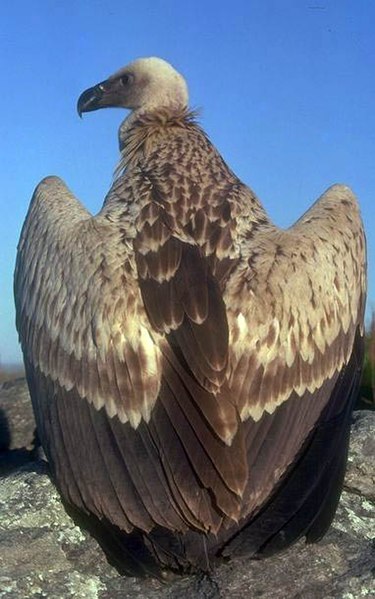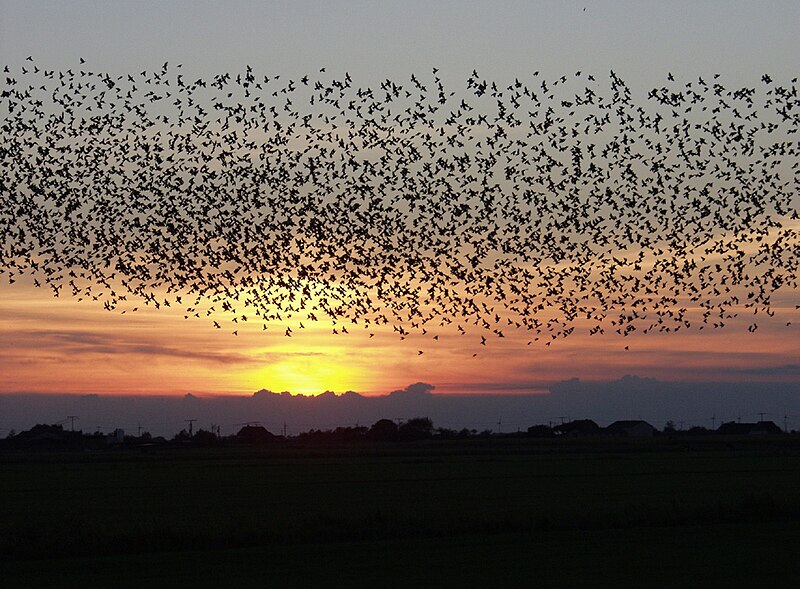 With very few exceptions, providing one’s birds (or any other animal) with more space is beneficial on many levels. However, while keeping White-Crested Laughing Jay-Thrushes, Garrulax leucolophus, I learned that nasty surprises may be in store.
With very few exceptions, providing one’s birds (or any other animal) with more space is beneficial on many levels. However, while keeping White-Crested Laughing Jay-Thrushes, Garrulax leucolophus, I learned that nasty surprises may be in store.
White Crested Laughing Jay-Thrushes are among the most amusing and curious birds one can imagine, and they are often star attractions in both private and public collections. Unfortunately, due to their size (10-12 inches), insatiable curiosity and high level of activity, they are suitable only for an outdoor aviary or room-sized indoor enclosure…but as pets or study subjects they have few rivals. Read More »
 That Bird Blog – Bird Care and History for Pet Birds
That Bird Blog – Bird Care and History for Pet Birds



